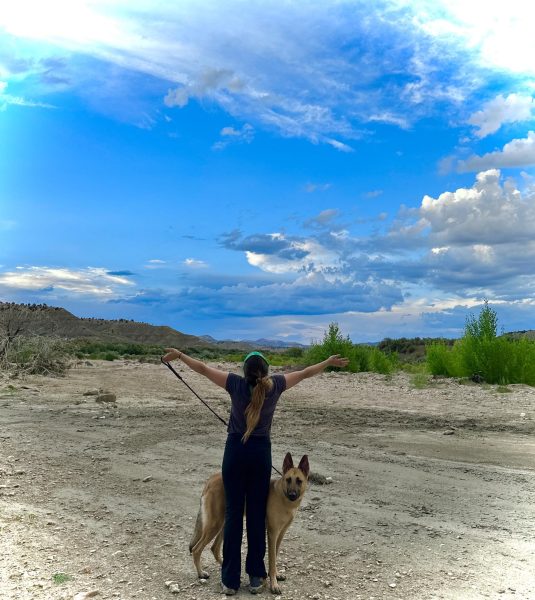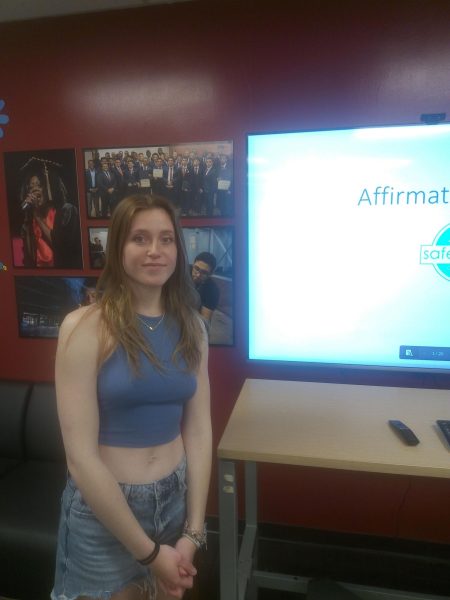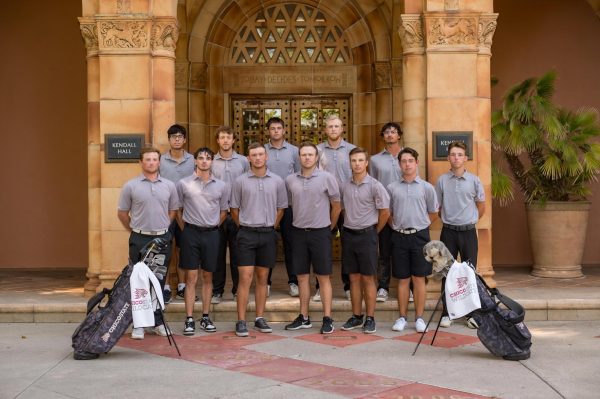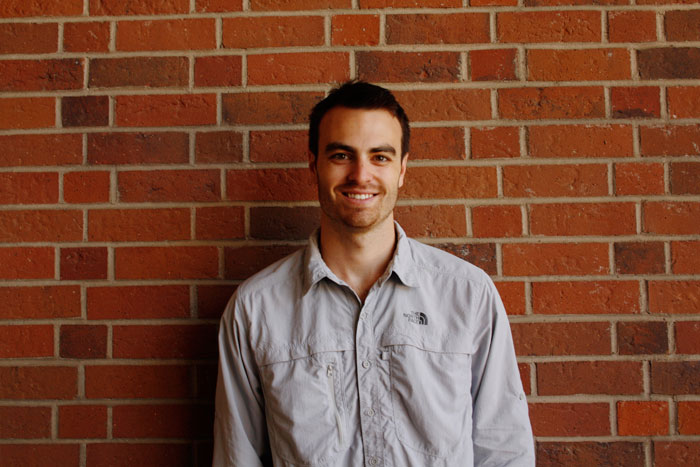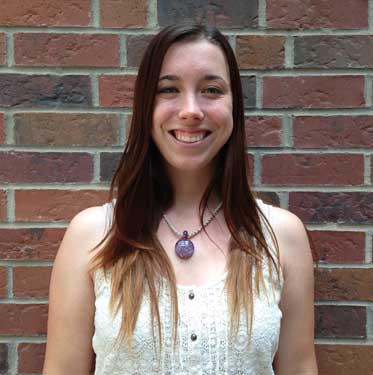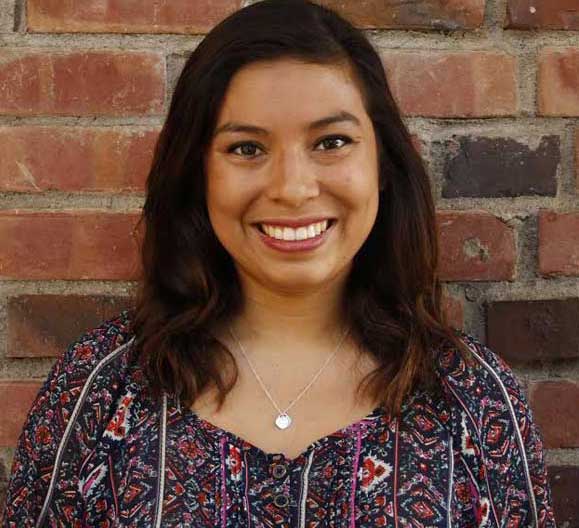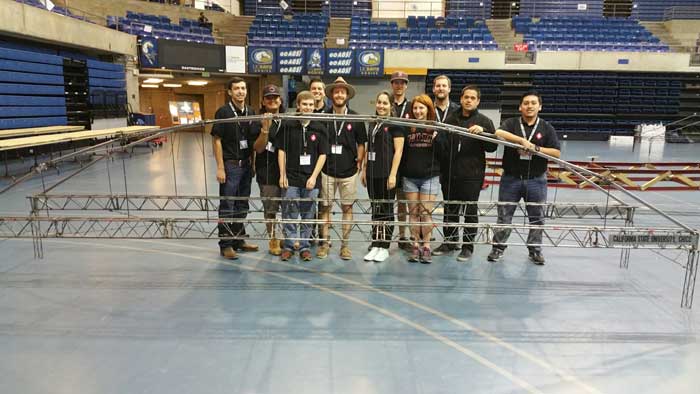Published 2011-03-08T18:07:00Z”/>
Serena Cervantes
The dispatcher calls in a situation. It comes through in the patrol car. A quick summary of the situation displays on a screen in front of the windshield.
Based on who the caller was, the situation is subjective. The summary on the screen may not always be the reality of the situation. The officer picks up the intercom and talks numbers, code.
He speeds along but from that point on, he can’t ever truly predict the outcome.
On Saturday, I had the opportunity to do a ride-along with Chico Police Officer Ed Marshall. We were scheduled to ride at 9:30 a.m. About 30 minutes later Marshall introduced himself and apologized for being late. He relayed the situation with a look of absurdity that was quickly calmed by an expression that communicated it’s nothing new. He was making an arrest because a transient was apparently sleeping on top of someone’s BMW. The person also had a warrant out for his arrest, Marshall said.
This is one example in many that officers encounter daily. The ride-along was a small window into the daily routine of a police officer. If two hours in a cop car cruising around and answering dispatch calls could teach me anything, it was that officers are constantly bound to their conscience.
Marshall and I followed his partner to an apartment where they intended to make an arrest of a man in possession of a gun. The suspect had also been in a domestic dispute with his girlfriend, who had been arrested earlier that day, the police said.
We rushed over and I asked Marshall if he’s afraid of his job, knowing that he could be shot or hurt on any given day. He got out of the car and said he’d answer my question when he got back.
I was a little worried. I thought maybe he’d get shot before I even had a chance to interview him. I wasn’t expecting this kind of action early on Saturday morning. Of course, I was mainly worried for his safety.
But he came back with his partner.
“Guy wasn’t home or didn’t answer his door,” Marshall said.
Marshall has been an officer for nine years and he’s not afraid of getting shot.
In Chico, the minimum response to a call has at least two officers dispatched to the scene, he said.
Officers undergo annual training, such as arrest and patrol techniques, defense tactics and firearm and baton training to avoid getting shot.
He said integrity ultimately guides an officer, or should.
Gauging people is a skill learned by cops when they’ve had enough experience settling disputes. Utilizing the concept of “command presence” also helps an officer enforce his authority as the law.
“It’s how I choose to interact with people,” Marshall said. “I interact with people in a professional but confident manner.”
As I rode with Marshall, we talked about how violent people can be. He said he’s never been shot at but he’s had people come at him with fists.
I realized how much I didn’t want to be a cop. But for Marshall, a ride-along with an officer one day was the pivotal moment in his life where he decided that this job was what he could and wanted to do.
“It’s not routine at all,” Marshall said. “Some days you come to work and nothing happens at all. Other days you come to work – you can barely get dressed, it’s just off-the-hook crazy. You’re running from place to place, chasing people.”
It’s one part adrenaline and one part an outlet that makes the job fulfilling for Marshall to plug in the fundamental value system that he believes in.
“People need to be held accountable to their actions,” he said.
Marshall’s background proves to have had an influence on channeling him in that same general direction of sighting those who are not above reproach.
He’s been a case manager who worked with families who were at risk for having their children taken away by Child Protective Services in Tehama County. He’s also worked as a counselor in Shasta County for behavioral health where he worked with a doctor to help diagnosis adolescents and adults who had alcohol and drug problems.
“I worked in that sort of field for nine years,” Marshall said. “And those are the same type of people we’re dealing with out here.”
At that moment, looking out of the windshield was like seeing the world through a law enforcement lens. I understood, just a little, what it was like to be on the other side. It was a loaded moment, heavy with meaning.
Then Marshall heard the dispatcher like an omen. He lightly picked up the intercom and drove off.
<em>Serena Cervantes can be reached at</em>
<strong>[email protected]</strong>


